Nordregio Forum 2025
Programme
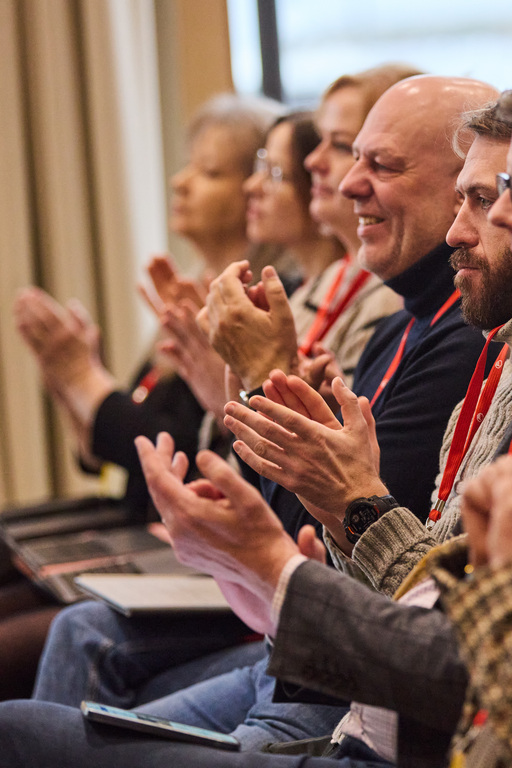
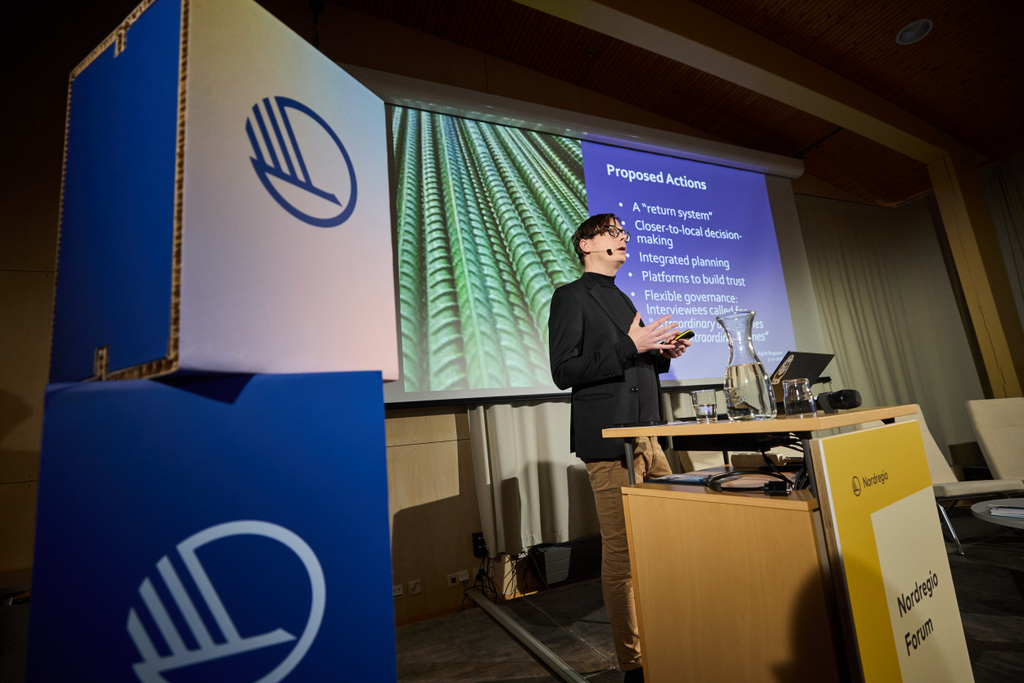
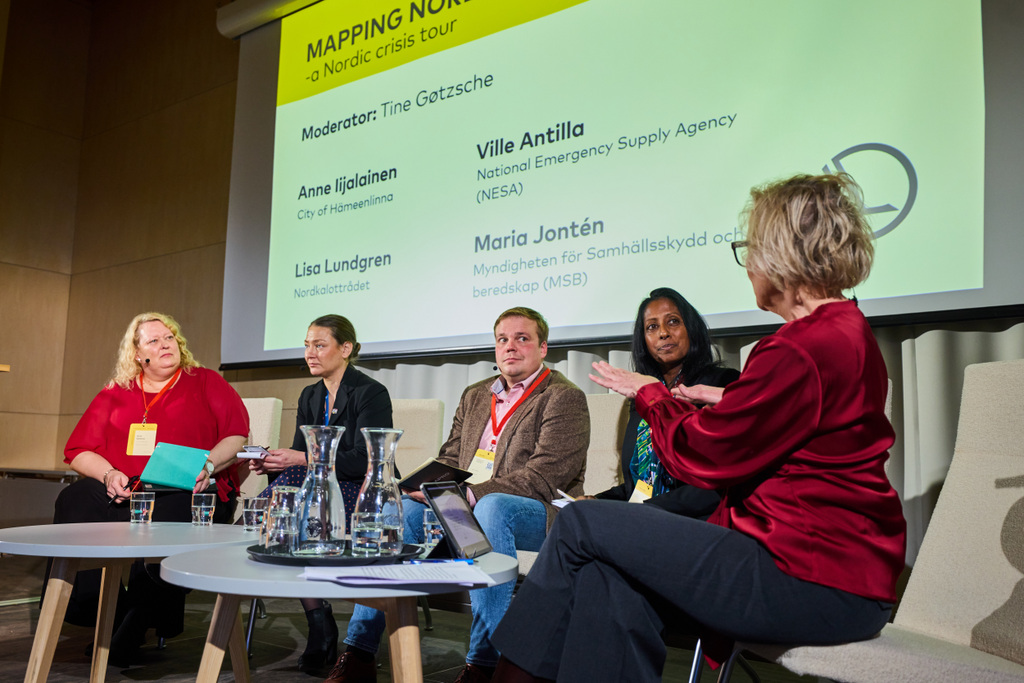
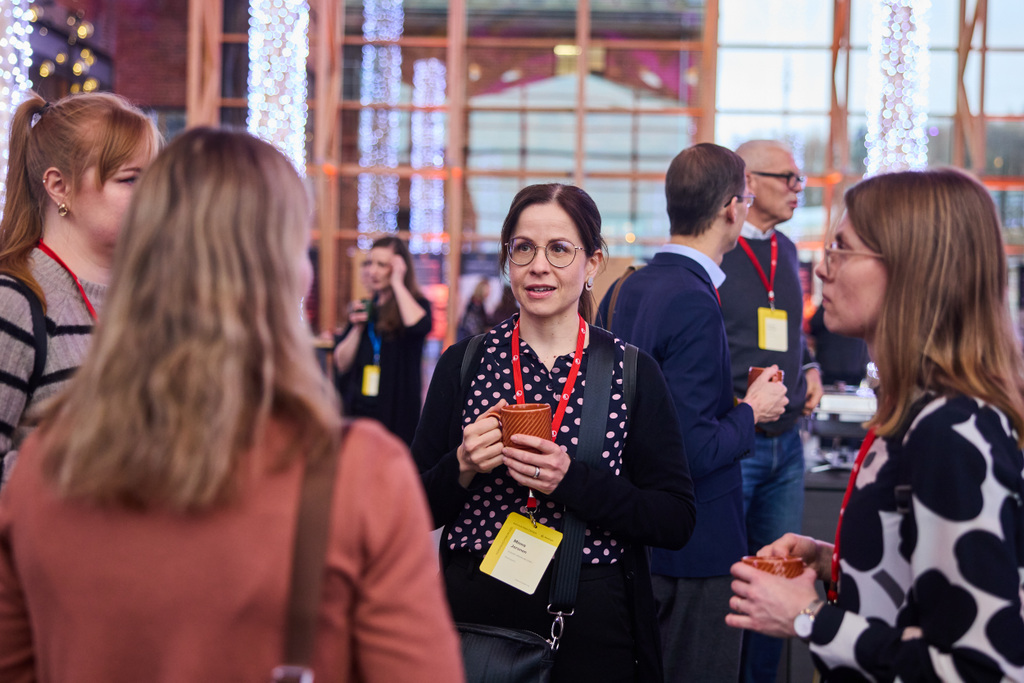
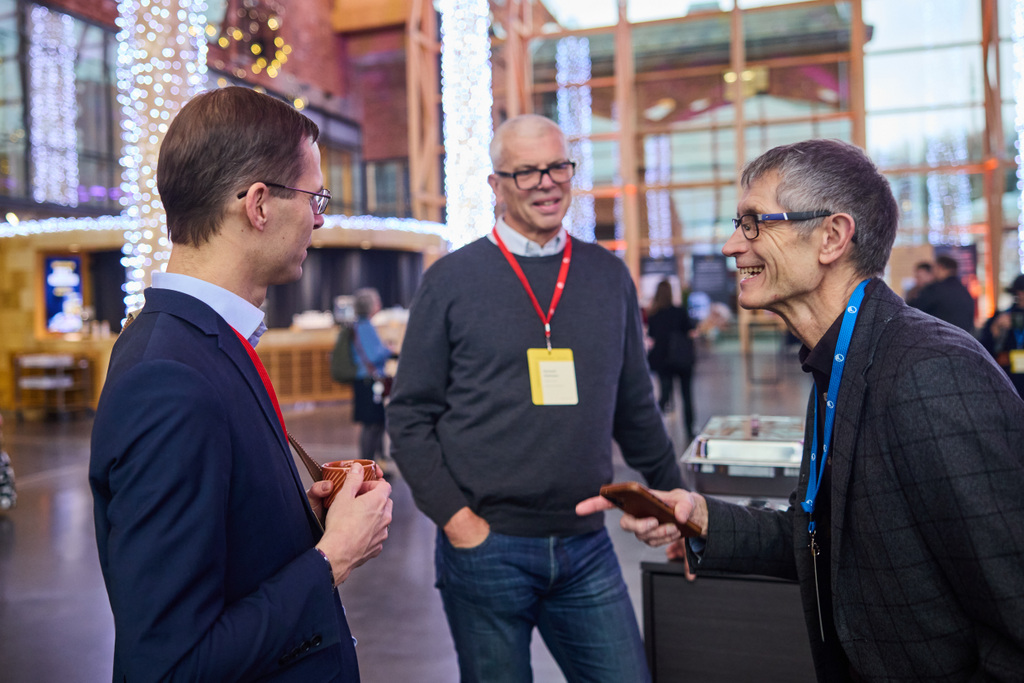
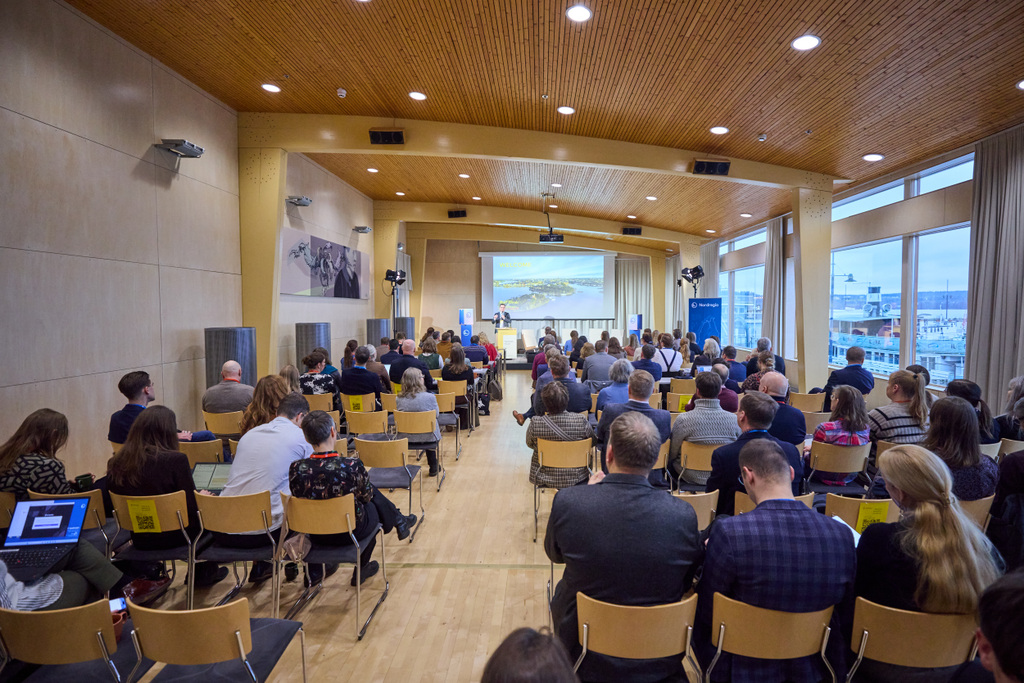
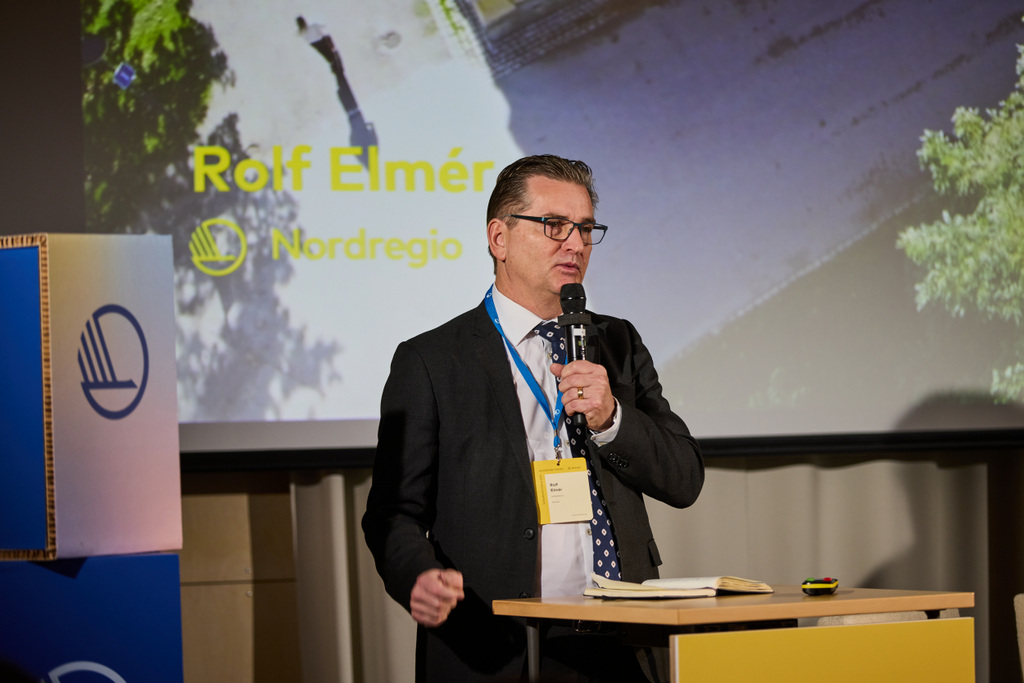
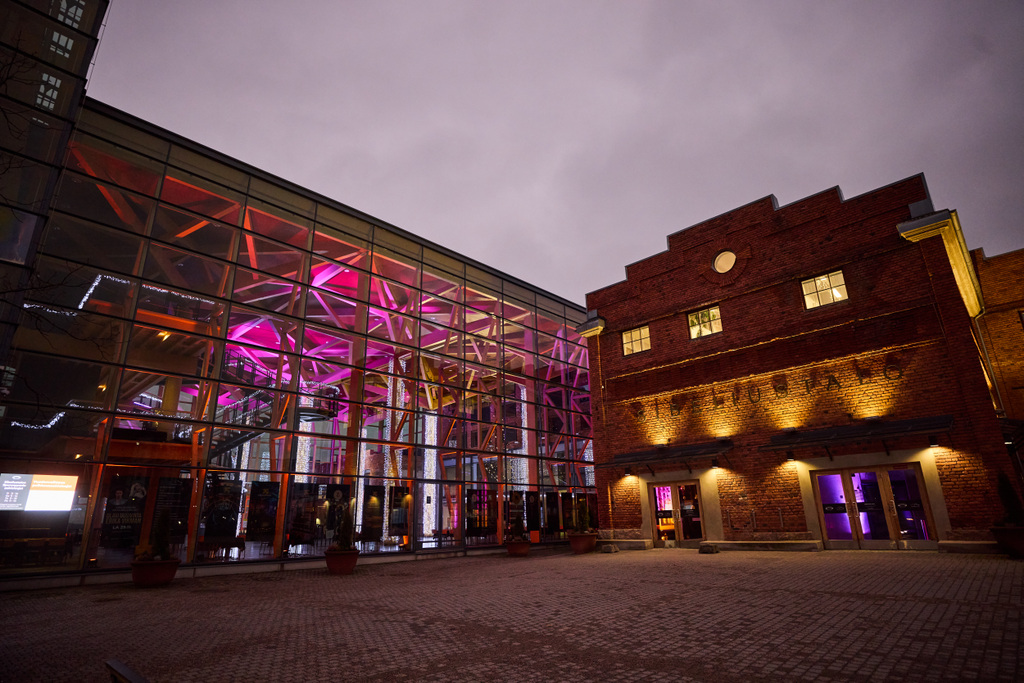
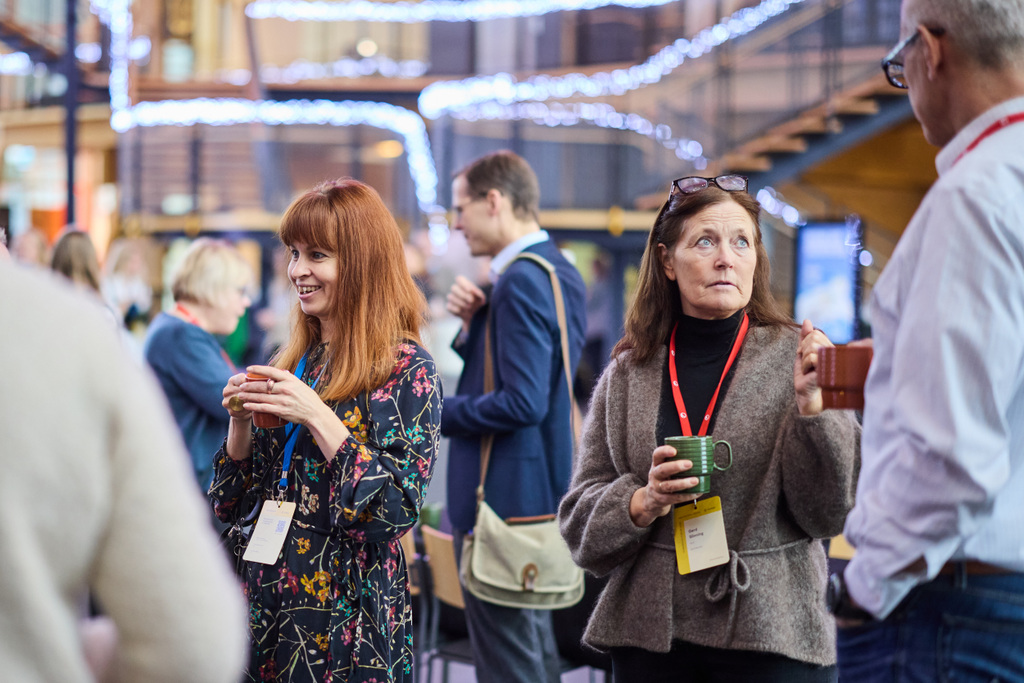
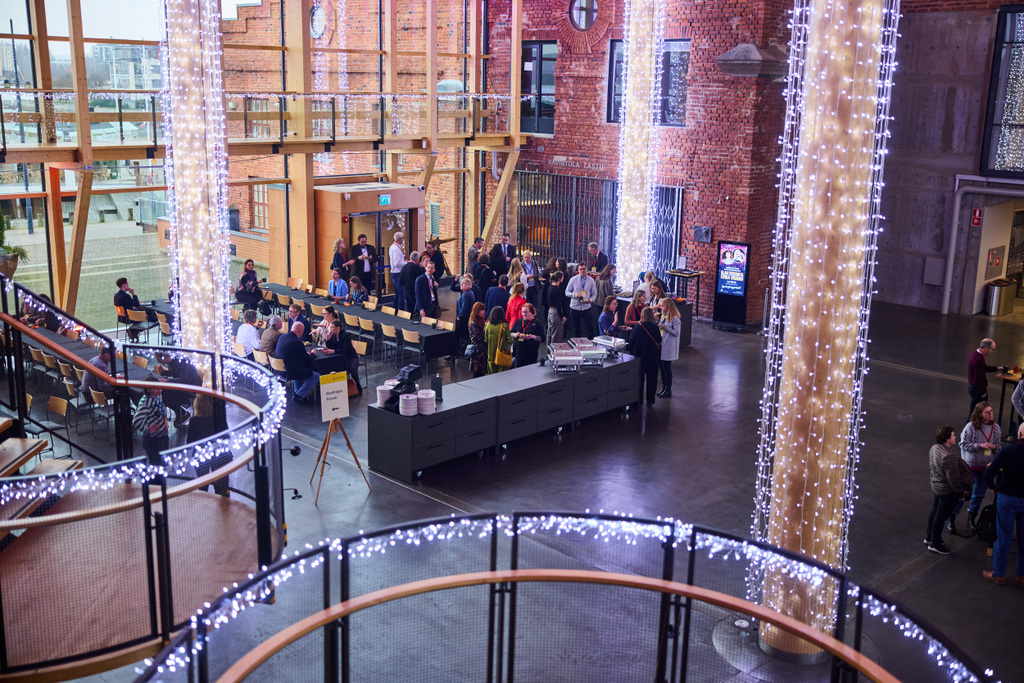
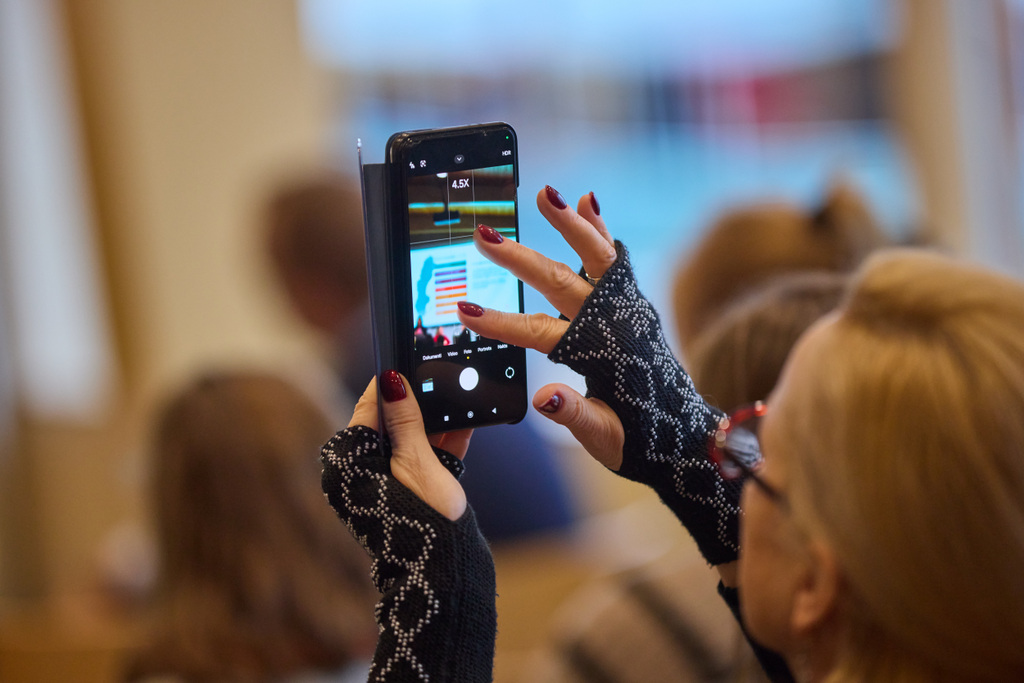











3 December (day 1)
09:30-10:00
Registration & Coffee
10:00-10:05 Welcome
Rolf Elmér, Director, Nordregio
10:05–10:20 Opening remarks (recorded message)
Sakari Puisto, Minister of Economic Affairs, Finland
Nordic collaboration, access to essential services, mental resilience and evidence-based knowledge are more important than ever. In his recorded address, Sakari Puisto reflects on Finland’s approach to comprehensive security, a priority during its Nordic Council of Ministers Presidency. He will highlight how geopolitical tensions, such as Russia’s war against Ukraine, and natural hazards demand stronger preparedness at every level of governance.
10:20–10:40 Keynote: Local leadership everyday and in times of crisis
Niko Kyynäräinen, Mayor of Lahti
More information coming soon
10:40–11:10 Keynote: Strengthening the capacity to stop the creeping crises
Magnus Ekengren, Professor, Swedish Defence University
In recent years, both practitioners and scholars have become increasingly aware of the impact that so-called creeping crises exert on modern society. These are crises that simmer under the radar to suddenly and unexpectedly explode in the societal domain. They can be of transboundary nature (think of Europe’s immigration crisis or the financial crisis) or entirely “home grown” (forest fires or a measles epidemic). Policy analysts and politicians typically try to imagine which issue may become politically relevant in the short run. But there are many issues to choose from. Climate change is an obvious candidate. Some will point to rising inequality. Or the loosening of financial regulations, weakening control over a complex sector. But how about intensive agriculture, creating breeding grounds for new diseases? How about the clogging of European airspace, which may give rise to air disasters? How about the growth of mega-cities or the Internet of Things?
Many slow-moving developments may contain the seeds for future crises – but these are also the developments that are tied to relentless modernization so typical of our time. In hindsight, these creeping crises often appear to be self-announcing, leaving a trail of signals of impending arrival. Practitioners are confronted not just with a complex crisis to manage, but also with immediate accusations that they ignored signals of emerging crises. Creeping crises are often hard to detect, however. They emerge and take shape in hidden corners of the social and technical spaces that make up modern society. The complexity of modern society and its subsystems makes these crises hard to detect, trace and contain. Practitioners need the knowledge to formulate evidence-based strategies in order to prepare our societies for these creeping crises.
This lecture explores key questions about the emergence, evolution and response to creeping crises.
11:10-11:40
Coffee break
11:40-12:00 Research presentation: Short distances – big shifts: crisis governance in the age of green re-industrialisation
Ágúst Bogason, Senior Research Advisor, Nordregio
This presentation explores how rural regions undergoing rapid green industrialization have demonstrated the capacity for socially rooted crisis resilience. Drawing on results from the European ESPON TERRES project and insights from another ongoing Nordregio study, it examines how governance systems respond under pressure and how resilience can be cultivated not only through institutional frameworks but also through relational dynamics.
The green transition in many regions has acted as a governance stress test and happened at a great pace, sometimes revealing gaps in planning capacity, coordination, and inclusive decision-making. Yet, the findings show that resilience is not solely dependent on formal systems. In rural Nordic contexts, short institutional distances – between municipalities, civil society, and industry – combined with high levels of social trust, enable informal networks to somewhat compensate for structural rigidity. These relational assets can allow for rapid adaptation and pragmatic problem-solving.
By highlighting the role of proximity and trust in fostering resilience, a hopeful and transferable model for other regions navigating transformation under pressure can be developed. Informal social infrastructure and collaborative capacity have shown to be most useful in times of crisis, and these lessons should be considered when developing formal governance structures to address and prepare for future shocks.
12:00-13:00 Panel discussion: Mapping Nordic resilience – a Nordic crisis tour
Anne Iijalainen, City of Hämeenlinna
Lisa Lundgren, Nordkalottrådet
Ville Anttila, Leading preparedness specialist, Network Cooperation Unit, National Emergency Supply Agency (NESA)
Maria Jontén, Myndigheten för samhällsskydd och beredskap
Nordic regions respond to different crises, from natural disasters to digital vulnerabilities. Join us for a dynamic conversation exploring how the Nordic region responds to slow-burning and sudden crises. This panel will take us on a tour through the challenges we face today, and tomorrow.
13:00-14:00
Lunch
14:00–16:00 Parallel study trips
Choose to attend one of three exciting study trips in Lahti focusing on resilience, sustainability and culture as part of crisis preparedness. 👇
City Culture of Lahti
Step inside the beautiful Lahti City Hall, an architectural gem from 1912, and discover how culture shapes community resilience and belonging in Lahti.
During this visit, you’ll hear inspiring stories and learn how the city uses music, participatory activities, and children’s cultural programs to strengthen social ties and create a vibrant urban culture.
The visit includes a tour of Sibelius Hall’s famous Concert Hall, followed by a trip to the City Hall with presentations from the City of Lahti’s Urban Culture Director, Culture Producer and General Manager of Lahti Symphony Orchestra.
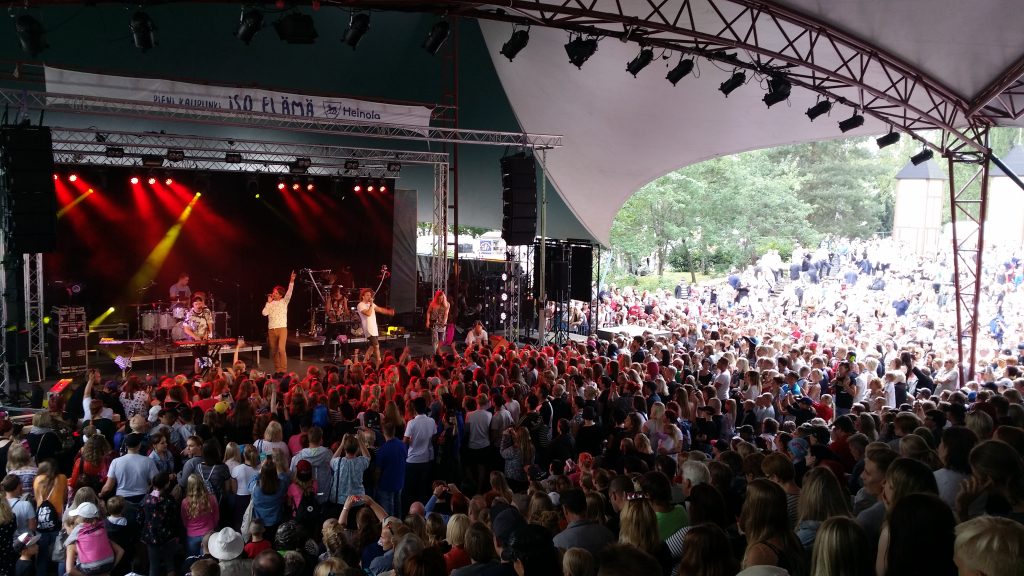
Humpula Daycare Centre in Lahti: Enabling Nature Contact and Climate Resilience
How can a simple yard transform children’s health and help cities adapt to climate change? Join us for an inspiring site visit to Humpula Daycare Centre in Lahti, where rewilded kindergarten yards are creating nature-rich play spaces that boost biodiversity, resilience, and well-being.
Don’t miss this chance to see how small-scale interventions can have big impacts on health, education, and climate resilience.
This visit includes a tour of the rewilded daycare centre of Humpula as well as a presentaion by researcher Aki Sinkkonen on the science behind nature-based solutions for children and cities. Guided by City Host Aino Kulonen and colleagues from Lahti.

Lahti’s Architectural Policy Programme: Designing for Sustainability and Resilience
How can architecture strengthen communities and prepare cities for future challenges? Discover how Lahti is shaping its future through architecture and urban design. This study visit introduces the city’s Architectural Policy Programme, a strategic framework that guides planning and development to create sustainable, functional, and resilient environments for all citizens.
During the visit, you’ll learn how Lahti integrates:
- Climate-smart solutions into urban planning
- Inclusive design principles to strengthen community well-being
- Cultural heritage and modern architecture to foster identity and resilience
Join us to see how policy translates into practice and discover why resilient design is essential for thriving cities in the Nordic region.
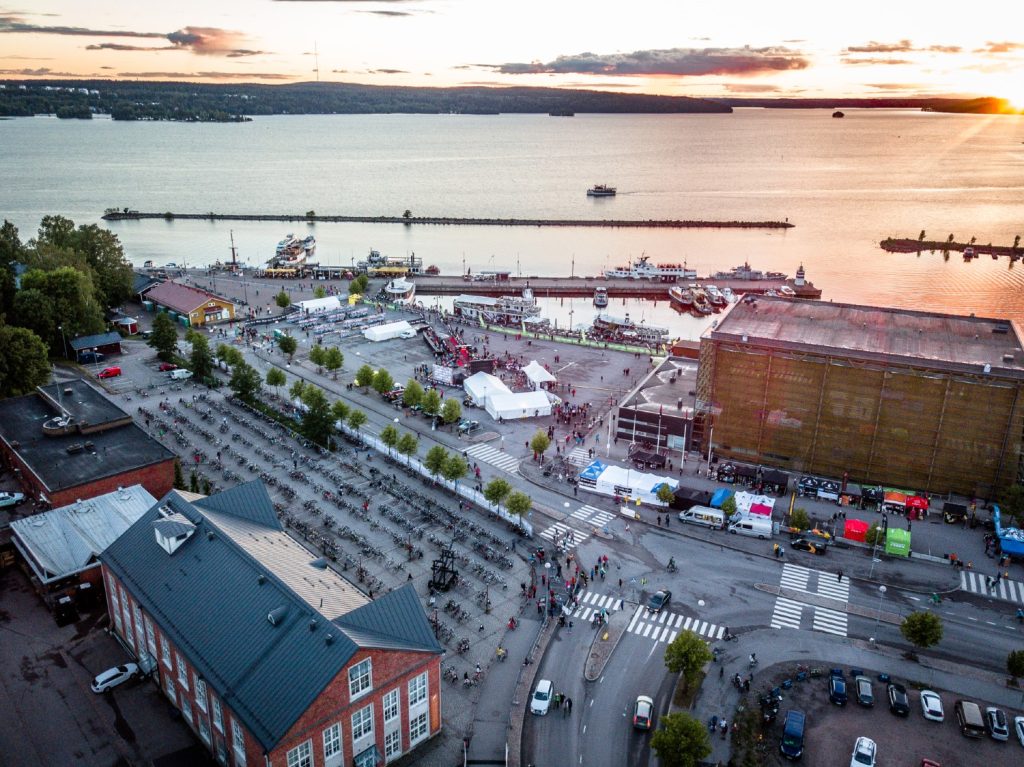
17:00–18:00
Guided tour of Lahti visual arts museum: Malva
Malva is a museum of visual arts in Lahti, Finland. Malva unites two museums from Lahti – the Art Museum and the Poster Museum – and brings together their thrilling content and exciting exhibitions under one roof.
18:00
Conference dinner & entertainment
The conference dinner will be served with a twist of dry wit and delightful absurdity, courtesy of Puolangan Pessimistit—Finland’s most proudly pessimistic comedy group. They will serve up satirical and self-deprecating humor centered around the small town of Puolanka, often described as “the fastest dying municipality in Finland.” Their work celebrates “mitättömyys” (meaning insignificance) with a unique blend of absurdity, irony, and theatrical flair.
Prepare for a performance that’s hilariously awkward, cleverly satirical, and surprisingly uplifting. Because in Puolanka, even failure is worth applauding.
Location: Malskin Bistro (located inside visual arts museum Malva)
Welcome drinks at 18:00 and dinner starting at 18:30.
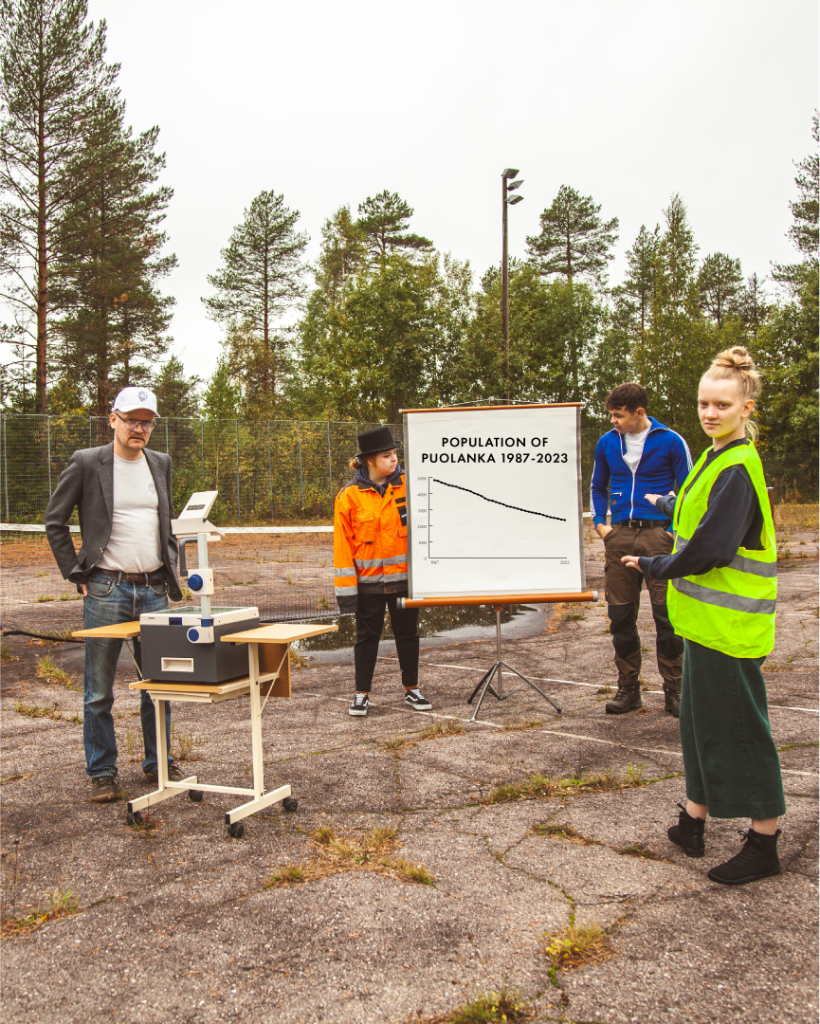
4 December (day 2)
09:00-09:30
Coffee & mingle
09:30-09:35 Introduction to programme
Tine Gøtzsche, moderator & journalist
09:35–09:45 A short wrap-up from the study trips
Miia Itänen, Senior Communications Advisor
Anne Katrine Ebbesen, Senior Communications Advisor
Axel Eriksson, Communications Advisor, Nordregio
09:45-10:05 Researcher presentation: Farmland as a basis for food sovereignty and food security
Elin Slätmo, Senior Research Fellow, Nordregio
This session focuses on the role of farmland ownership in shaping Europe´s food security and sustainable food production. Drawing on a European-wide study, the presentation explores how changes in land ownership affect the resilience of food systems and the ability of local actors to maintain control over food production.
An uncontrolled farmland market can create a situation where the rights to the land are confused and distant from the local and regional actors, and where non-desired actors have the rights to a large share of the European territory. Investigations and monitoring of how the land for food production is owned and managed is therefore considered important.
Considering recent global crises (including the war in Ukraine), understanding who owns the land has become more urgent than ever. Farmland ownership is not just a legal or economic issue, it’s central to food sovereignty, food security and sustainability.
10:05-10:35 Keynote: Civil preparedness in practice – lessons and insights from Ukraine
Zoriana Dvulit, Director of the BUP National Center in Ukraine, Professor, Doctor of Economic Sciences, Lviv Polytechnic National University
The full-scale Russian invasion of Ukraine’s sovereign territory on February 24, 2022, was a wake-up call that transformed civil preparedness from a theoretical concept into a vital practice of survival and resilience.
This study is devoted to the development of Ukraine’s civil preparedness system as a whole, with a focus on the regional example of Lviv. The city has become both a humanitarian hub and a testing ground for resilience during the ongoing Russian-Ukrainian war. Located in the relatively safer west of the country, the Lviv region has served as a proving ground for new models of crisis management, community mobilization, and resilience building.
The research highlights the results of integrated efforts between national and regional authorities. Local governments, universities, businesses, and civil society have cooperated – and continue to cooperate – to sustain critical services (energy, healthcare, education, psychological and physical rehabilitation, etc.) and to protect civilians and internally displaced persons.
Key themes include multi-level governance, energy and healthcare resilience, digital tools such as the Diia platform for public alerts and shelter mapping, and the growing role of private business and volunteer networks in crisis management. The study also explores social and psychological resilience, including community-based practices such as Toloka, the use of social-communicative strategies involving opinion leaders, art therapy, and inclusive communication.
The experience of Ukraine particularly that of Lviv, demonstrates that effective civil preparedness relies on collaboration, adaptability, and trust. These insights offer valuable lessons for Nordic and other countries seeking to strengthen regional and community resilience in times of crisis.
10:35-11:05
Coffee break
11:05–12:20 Parallel workshops
Workshop 1. How can regions compete for people in an age of mobility? – Anne Katrine Ebbesen, Senior Communications Advisor, Nordregio
People move. Regions change. The question is, can your policies keep up?
Across the Nordics, shrinking towns and talent gaps are rewriting the map of regional resilience. But decline isn’t inevitable.
This workshop will explore real-life dilemmas of demographic stress, migration dynamics, and regional attractiveness using insights from the EU Horizon-funded project PREMIUM_EU.
Step into the shoes of a rural mayor, test real-world decline scenarios, and get a live-demo of a barely launched EU-wide tool that turns development and migration data into policy solutions customised for your region.
Workshop 2. Building Resilient Communities – Hilma Salonen, Senior Research Fellow & Lisa Rohrer, Research Fellow, Nordregio
Workshop facilitators: Axel Eriksson, Communications Advisor, Jonas Kačkus Tybjerg, Junior Research Fellow, Lumi Tomren, Junitor Research Fellow & Moderator Tine Gøtzsche.
What kind of environments and communities support us as we try to manage and recover stressors in the age of polycrisis, and how can we support them? This interactive workshop provides an opportunity to increase understanding of the practical dimensions of psychological resilience from the viewpoint of different sectors and communities—remote, rural, and urban. Where should we pay attention today to know where to seek support in a moment of crisis?
Through a gamified exercise, participants gain fresh insights into how research on psychological resilience connects to real-life experiences and how to apply these learnings in practice. Participants will collaborate to design resilient communities with concrete building blocks, respond to simulated crises, and reflect on their roles in all of this.
Join us to connect with peers, share perspectives, and leave with actionable ideas for strengthening psychological resilience in your own context!
Workshop 3. Navigating the Polycrisis: Crisis management through a sustainability and resilience lens – Hedda Thomson Ek, Junior Research Fellow, Nordregio & Elin Slätmo, Senior Research Fellow, Nordregio
In a world increasingly shaped by geopolitical tensions, climate change, and systemic uncertainty, we face the challenge of managing multiple crises simultaneously. Some crises, like climate change or resource depletion, develop gradually and can be mitigated through long-term prevention. Others, such as economic shocks, cyberattacks, or land slides, emerge suddenly and demand more immediate preparedness.
To build a society that is both sustainable and resilient, we must plan across different time horizons, preventing long-term risks while preparing for abrupt disruptions. In this workshop, we will use scenario-based exercises to engage with both slow-burning and acute crises. Through a game exercise we will help guide the country Nordica through multiple crises, proposing both prevention and preparedness actions to keep the society within a safe and just space, and hindering the country from overshooting planetary boundaries or falling short of societal foundations.
Will we manage to keep Nordica sustainable and resilient in an era of multiple planetary and societal crisis?
12:20–12:35 Exclusive preview: State of the Nordic Region 2026!
Thomas Niedomysl, Research Director, Nordregio
Every two years, State of the Nordic Region paints a picture of how our regions and municipalities are changing – who lives here, where people work, and how local economies are developing. The report offers an overview of regional development trends across the Nordics and highlights both shared challenges and regional differences. It combines statistics, maps, and analysis to show regional disparities in development across the Nordic Region.
The forthcoming report examines demographic change, labour market dynamics, and the Nordic economy, alongside the updated Regional Potential Index, a comparative tool showing where development opportunities are strongest. Together, these insights build a shared knowledge base for understanding how regions across the Nordics are developing and changing. At this year’s Forum, you will get a sneak peek at the 2026 edition before it is launched next spring and get a chance to reflect on what the findings mean for your region.
12:35-12:45
Closing remarks
12:45-13:45